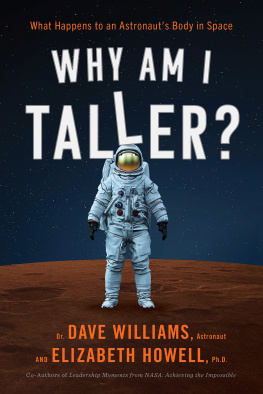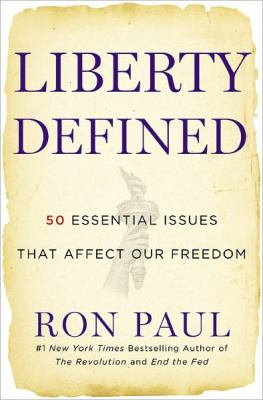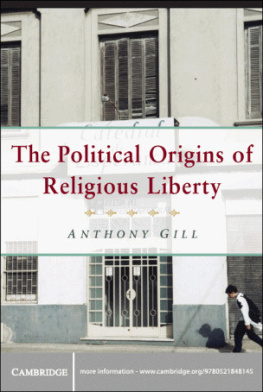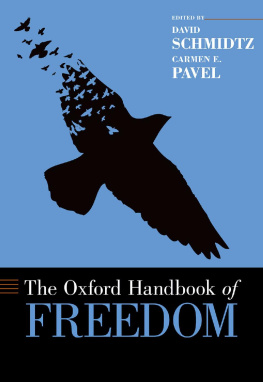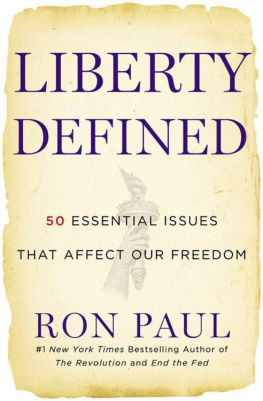Charles S. Cockell - Human governance beyond earth : implications for freedom
Here you can read online Charles S. Cockell - Human governance beyond earth : implications for freedom full text of the book (entire story) in english for free. Download pdf and epub, get meaning, cover and reviews about this ebook. year: 2015, publisher: Springer International Publishing, Cham, genre: Politics. Description of the work, (preface) as well as reviews are available. Best literature library LitArk.com created for fans of good reading and offers a wide selection of genres:
Romance novel
Science fiction
Adventure
Detective
Science
History
Home and family
Prose
Art
Politics
Computer
Non-fiction
Religion
Business
Children
Humor
Choose a favorite category and find really read worthwhile books. Enjoy immersion in the world of imagination, feel the emotions of the characters or learn something new for yourself, make an fascinating discovery.
- Book:Human governance beyond earth : implications for freedom
- Author:
- Publisher:Springer International Publishing, Cham
- Genre:
- Year:2015
- Rating:5 / 5
- Favourites:Add to favourites
- Your mark:
Human governance beyond earth : implications for freedom: summary, description and annotation
We offer to read an annotation, description, summary or preface (depends on what the author of the book "Human governance beyond earth : implications for freedom" wrote himself). If you haven't found the necessary information about the book — write in the comments, we will try to find it.
This book extends the discussion of the nature of freedom and what it means for a human to be free. This question has occupied the minds of thinkers since the Enlightenment. However, without exception, every one of these discussions has focused on the character of liberty on Earth.
In this volume the authors explore how people are likely to be governed in space and how that will affect what sort of liberty they experience. Who will control oxygen? How will people maximise freedom of movement in a lethal environment? What sort of political and economic systems can be created in places that will be inherently isolated? These are just a few of the major questions that bear on the topic of extra-terrestrial liberty. During the last forty years an increasing number of nations have developed the capability of launching people into space. The USA, Europe, Russia, China and soon India have human space exploration programs. These developments raise the fundamental question of how are humans to be governed in space.
This book follows from a previous volume published in this series which looked at the Meaning of Liberty Beyond the Earth and explored what sort of freedoms could exist in space in a very general way. This new volume focuses on systems of governance and how they will influence which of these sorts of freedoms will become dominant in extra-terrestrial society. The book targets a wide readership covers many groups including:
- Space policy makers interested in understanding how societies will develop in space and what the policy implications might be for space organisations.
- Space engineers interested in understanding how social developments in space might influence the way in which infrastructure and space settlements should be designed.
- Space scientists interested in how scientific developments might influence the social structures of settlements beyond the Earth.
- Social scientists (political philosophers, ethicists etc) interested in understanding how societies will develop in the future.
Charles S. Cockell: author's other books
Who wrote Human governance beyond earth : implications for freedom? Find out the surname, the name of the author of the book and a list of all author's works by series.




